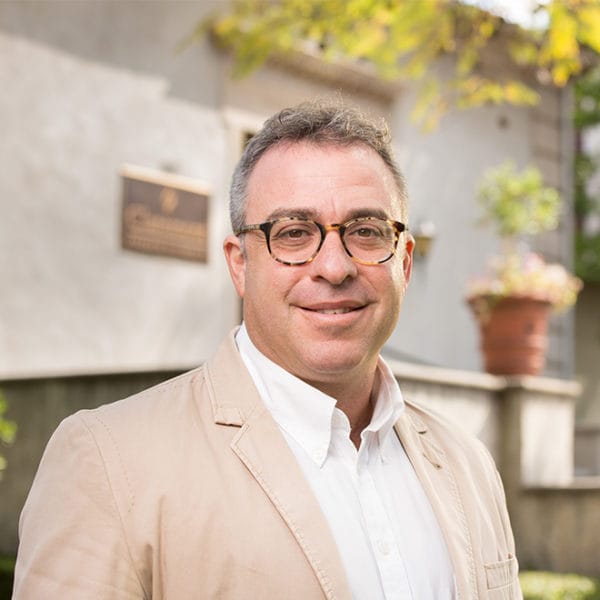Joshua Goode is professor of cultural studies and history at Claremont Graduate University. His research specializations are in Modern Spain; 19th- and 20th-century Europe; genocide and racial thought; museums and commemoration; and memory. With these research interests, Goode offers a range of courses at CGU that incorporate both his cultural studies and history expertise.
Goode received his MA and PhD in History from UCLA. Since then, he has taught at numerous universities, including UCLA, Loyola Marymount University, Occidental College, and the Colburn Conservatory of Music. Goode has received awards and grants from UCLA (1993–1994, 1997, 1998–1999), a Fulbright Fellowship (1995–1996) and, most recently, the Fletcher Jones Faculty Research Award (2012–2014).
In addition to Goode’s CGU campus courses, he has established an international transdisciplinary course with Bath Spa University that allows Bath Spa University students and CGU students to spend a week studying and exploring the historical sites of Los Angeles, California, followed by a week of studying the historical sites of Bath, England. This successful international course continues to offer cultural and educational experience to CGU students from different disciplines.
Goode has a forthcoming article, “Does Past Convivencia Promise Future Tolerance? Contemporary Spanish Attitudes Toward Immigration,” which will appear in the academic journal Social History.
“Does Past Convivencia Promise Future Tolerance?: Contemporary Spanish Attitudes toward Immigration.” Social History, Forthcoming.
“The Genius of Columbus and the Mixture of Races: How the Rhetoric of Fusion Defined Spanish Decolonization in Nineteenth- and early Twentieth-Century Spain.” In Empire’s End: Transnational Connections in the Hispanic World, edited by Akiko Tsuchiya and William G. Acree Jr, 63–83. Nashville, TN: Vanderbilt University Press, 2016.
“Race, Crime and Criminal Justice in Spain.” In Race, Crime and Criminal Justice: International Perspectives, edited by Anita Kalunta-Crumpton, 162–84. London: Palgrave MacMillan, 2010.
Impurity of Blood: Defining Race in Spain, 1870–1930. Baton Rouge, LA: Louisiana State University Press, 2009.
“Corrupting a Good Mix: The Use of Race to Explain Crime in Late Nineteenth and Early Twentieth Century Spain.” European History Quarterly 35, no. 2 (2005): 241–65.
Introduction to Museum Studies
Spanish Civil War & the Interwar Crisis
Introduction to Cultural Studies
Human Rights & Genocide in Modern European History
Managing Heritage & Culture
Remembering Trauma: Museums, Memory, & Commemoration
Survey of 19th- and 20th-Century Europe
Race in Europe & Latin American, 1750–Present
